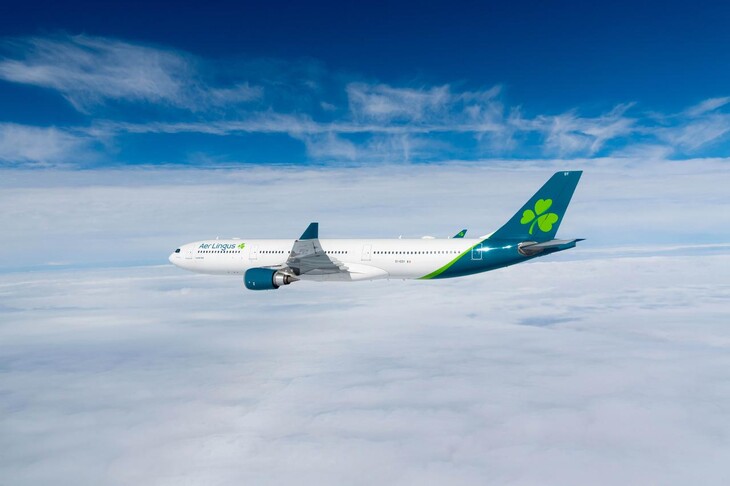Tuesday, August 13, 2024 The introduction of SeaLink Marine & Tourism’s newest ferry , named Goodna, marks a significant advancement in marine transportation, with implications that extend far beyond the local operations it was designed for. The ferry, recently completed ahead of schedule, not only exceeded performance expectations during its sea trials but also represents a critical step forward in reducing the environmental impact of marine travel. As the global travel industry continues to prioritize sustainability, the Goodna’s advanced features are likely to influence future developments in ferry design and operation, setting a new standard that other operators may soon follow.
Innovative Features and Environmental Impact Goodna, a 24-meter passenger ferry constructed by Aus Ships in Queensland, showcases several innovative features designed to reduce its carbon footprint. During its sea trials in Brisbane, the vessel demonstrated its capability to operate key systems, such as lighting and air conditioning, for up to four hours using only its 33 solar panels, which generate 14.5 kilowatts of power.

This feature is particularly noteworthy as it allows the ferry to minimize its reliance on generator power, thereby significantly reducing carbon emissions—a core focus during the construction phase. The ferry’s advanced design also includes a highly efficient hull, coupled with a state-of-the-art propulsion system featuring Volvo main engines and the latest Hamilton Jet HJX package. These technological advancements enable the ferry to achieve an additional 1.
5 to 2 knots of speed, further enhancing its operational efficiency. The incorporation of Hempel X7 silicone antifouling and an active ride control system from Humphree adds to the vessel’s performance, ensuring smooth and stable operations across varying sea and load conditions. Global Implications for Sustainable Marine Travel The Goodna’s success is poised to have a ripple effect on the global travel industry, particularly in the marine sector.
As sustainability becomes an increasingly important factor for travelers and operators alike, the ferry’s ability to drastically reduce nitrogen emissions by up to 75% compared to conventional diesel engines is a game-changer. This achievement is largely attributed to the IMO Tier III engines installed on the Goodna, which are among the first of their kind in Australia. The reduction in both Nitrogen and Sulphur Oxides emissions sets a new benchmark for environmental responsibility in marine transport, aligning with global efforts to combat climate change.
For the travel industry, the introduction of such environmentally friendly vessels could lead to a broader adoption of sustainable practices across various forms of transportation. As travelers become more conscious of their carbon footprint, demand for eco-friendly options is likely to increase. Operators who can provide such options will not only meet this demand but also gain a competitive edge in a market where sustainability is becoming a key differentiator.
Collaborative Efforts and Industry Recognition SeaLink’s achievement with the Goodna ferry highlights the importance of collaboration in driving innovation. Chris Briggs, General Manager of Marine at SeaLink Marine & Tourism, emphasized that the success of the project was made possible through the combined efforts of the build team and their trusted suppliers and contractors. The partnership between Aus Ships, led by Tommy Ericson, and the SeaLink Gladstone team, headed by Rob Mitchell, was instrumental in delivering a vessel that not only met but exceeded expectations.
Dave Murray, Managing Director of Ultimate Marine Power, also expressed his pride in the collaboration, noting that SeaLink’s commitment to sustainability is evident in their approach to integrating cutting-edge monitoring and reporting technology with modern, efficient engines and stabilisation systems. This ensures that the Goodna operates at its best across varying sea conditions, contributing to a more sustainable future for marine travel. As the Goodna begins its contracted operations in Gladstone, its impact on the travel industry is expected to be far-reaching.
The ferry’s innovative design and advanced sustainability features set a new standard for marine transportation, encouraging other operators to follow suit. The global push towards reducing carbon emissions and adopting environmentally responsible practices in travel is likely to gain momentum as more vessels like the Goodna enter service, ultimately benefiting travelers who are increasingly seeking out sustainable travel options..



















